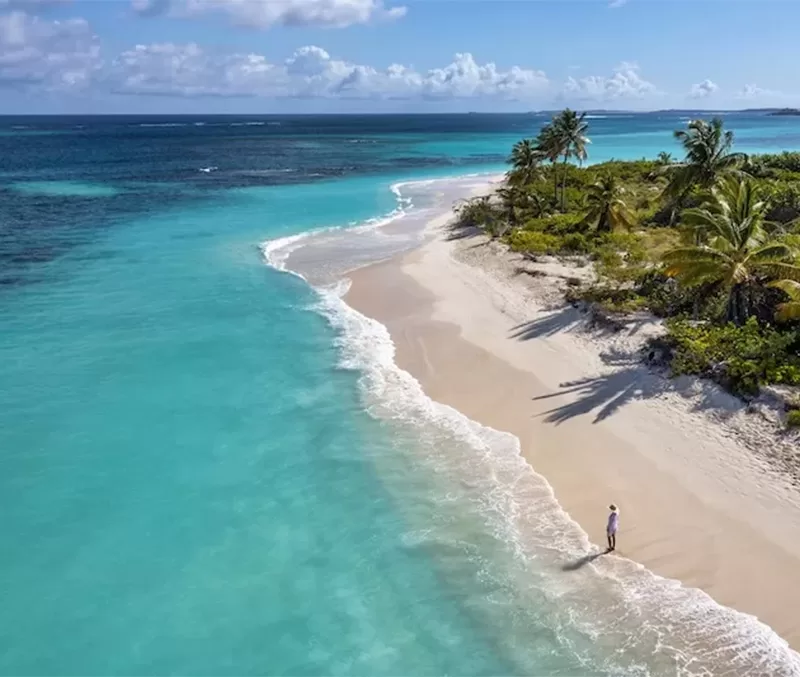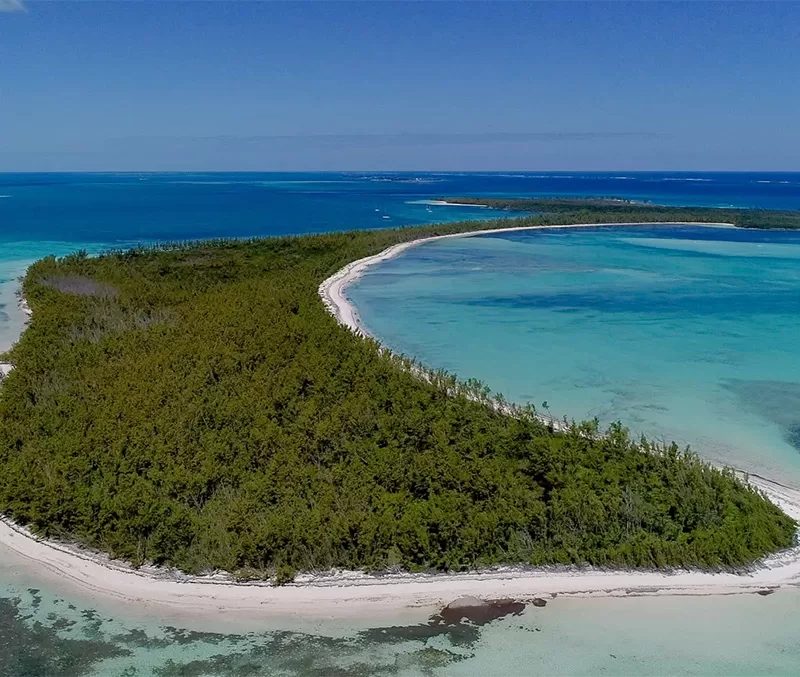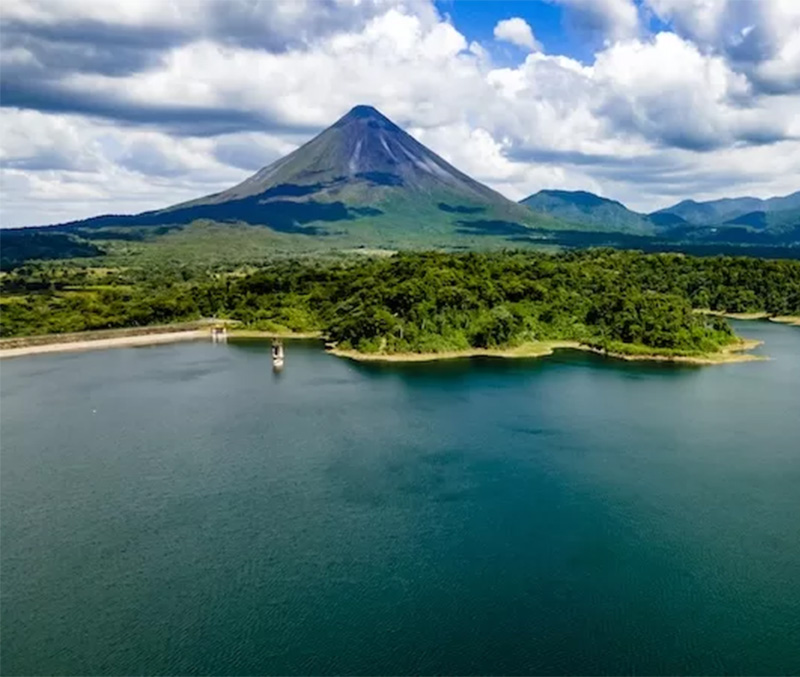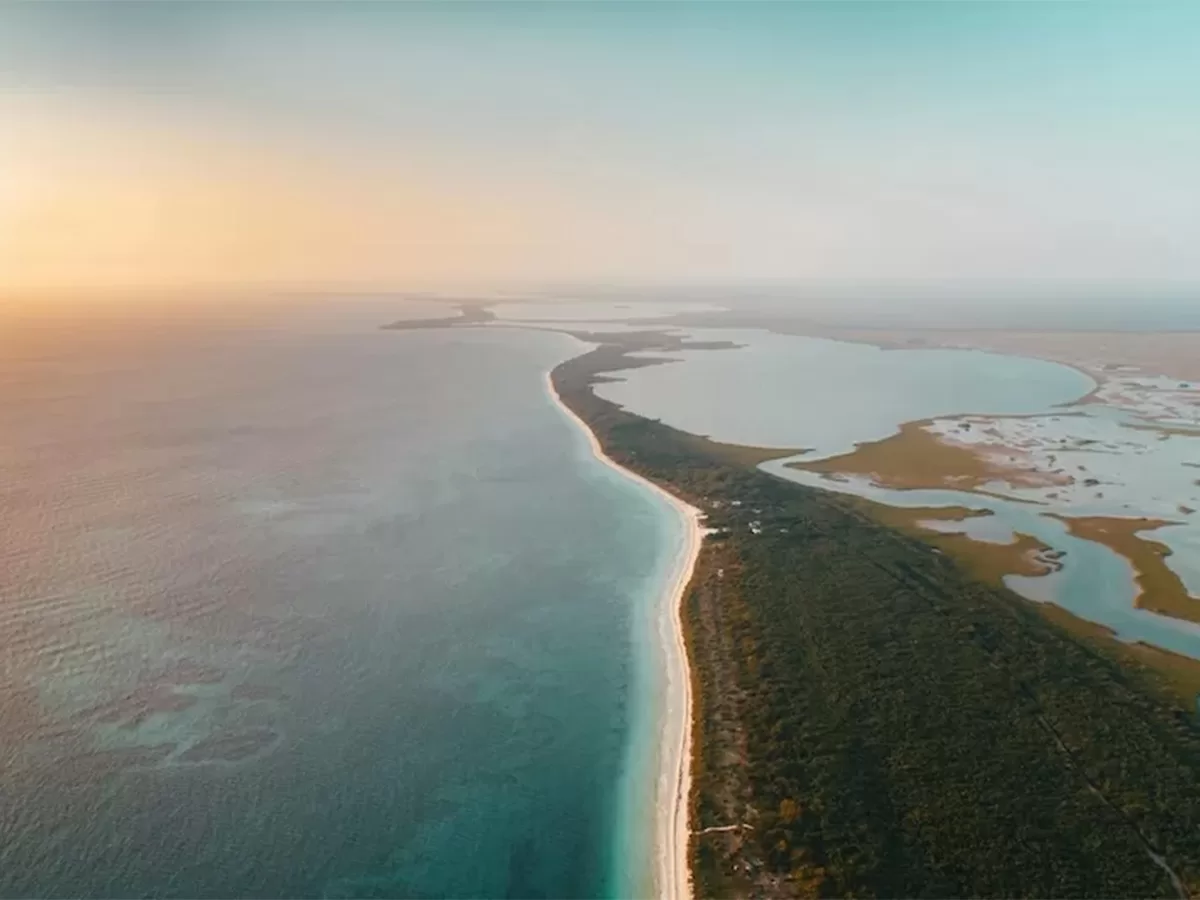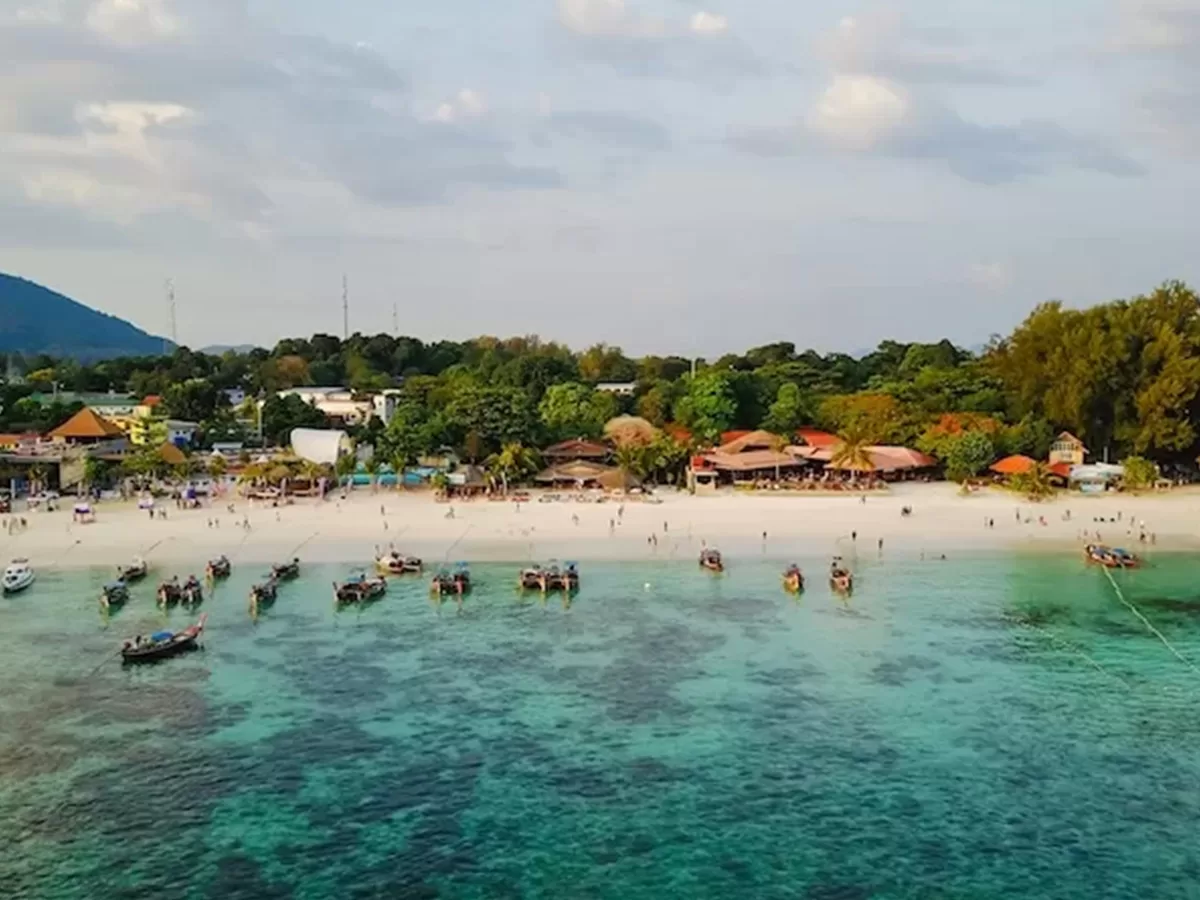The U.S. territory of Puerto Rico may be the last tax haven standing when Trump takes office for medium sized businesses. Because only Puerto Rico’s tax policy can trump Trump’s tax law changes, they might be the only game open to Americans for the next 4 years.
First, note that this article is for medium sized businesses with at least 5 employees offshore. It’s not intended for expats living and working abroad. Most of you rely in the Foreign Earned Income Exclusion and pay no corporate taxes in the United States. I expect these laws to remain in place under Trump.
Second, allow me to explain why Puerto Rico might be the last tax haven standing. It’s because only Puerto Rico can offer a deal to Americans that conflicts with US international tax policy. No matter what laws pass limiting retained earnings or import duties, none of them will apply to Puerto Rico.
As a territory, Puerto Rico is exempt from U.S. Federal tax law. Many other laws do apply, such as Federal minimum wage, securities law, etc. But the island has it’s own unique tax code that is not affected by changes to the Federal code.
The only way Federal tax laws would apply to Puerto Rico is if the territory were to become a state. In that case, Puerto Rico would lose its territorial status and the unique feature which makes it such a great opportunity for business owners.
But no one expects this to happen. Puerto Rico just went through a major reorganization with the help of the US Congress. Throughout this hard fought negotiation, no one said a word about making it a state.
And, remember that Puerto Rico is a US territory. Federal immigration policy applies and everyone born on the island is a US citizen. Travel between Puerto Rico and the United States is a domestic flight with no immigration checkpoint.
All of this is to say, making Puerto Rico great again is making America great again.
Now let’s get into Puerto Rico’s tax deal:
Act 20 gives any service business operated from Puerto Rico a 4% corporate tax rate and this tax holiday is guaranteed for 20 years. Compared to high tax states, Puerto Rico can cut your corporate tax rate from 40% to 4% overnight.
To qualify, you must be providing a service from Puerto Rico to companies or persons outside of Puerto Rico and you must have at least 5 full time employees on the island. The purpose of Act 20 is to bring jobs back to the island (sound familiar?), so the government takes the employment component very seriously.
Because of the importance of these 5 employees in the application process, I only recommend Act 20 to those who can benefit from 5 employees in Puerto Rico. If you’re plan is to pay them to sit around and play Nintendo, you will get caught and your tax holiday revoked. These employees must be working full time and benefiting from the experience.
That’s the business tax holiday. Here’s the personal tax holiday only available in Puerto Rico.
Remember that US citizens are taxed on their worldwide income. There are a few offshore tax breaks for active businesses, such as tax deferred retained earnings, and the ability of the owner to take the Foreign Earned Income Exclusion. These are provided to American expats through the US Federal tax code.
There are no US offshore tax breaks for capital gains, dividends, royalties, etc. Whether you’re living abroad or in the States, you will pay Federal income tax on passive income… unless you move to Puerto Rico and qualify for Act 22.
Act 22 allows you to take tax free distributions from your Puerto Rico Act 20 company. It also gets you a zero percent tax rate on capital gains on assets acquired after you move to Puerto Rico.
To qualify, you must spend 183 days a year in Puerto Rico, buy a home there, and file paperwork for the Act 22. Your tax holiday begins with the filing of the forms and the formal acceptance can take a few months.
When we combine Act 20 with 22, we basically get the inverse of the Foreign Earned Income Exclusion.
With the FEIE, you exclude your first $102,100 in salary from your offshore corporation. You can usually leave the excess in your corporation tax deferred and will pay US taxes when you take that money out of your company.
With Act 20, and assuming you are living in Puerto Rico, you draw a salary from your company of about $100,000. You pay ordinary income tax rates on this salary.
Corporate profits in addition to your salary will be taxed at 4%. You can then distribute that money to yourself tax free.
And this is why I say Puerto Rico is for medium sized businesses. First, you must have a need for 5 employees (including yourself). Next, you must net far more than your salary for this to make economic sense.
Someone making $100,000 will do far better offshore than in Puerto Rico. Someone netting $1 million or more, and who can benefit from 5 employees, will pay significantly less tax in Puerto Rico than offshore… especially if Trump limits retained earnings! For more on this topic, see: Puerto Rico Tax Deal vs Foreign Earned Income Exclusion
I hope you’ve found this article on why Puerto Rico may be the last tax haven standing after Trump to be helpful. For more on how to setup a business in Puerto Rico, please contact me at info@premieroffshore.com or call us at (619) 550-2743. All consultations are free and confidential.






